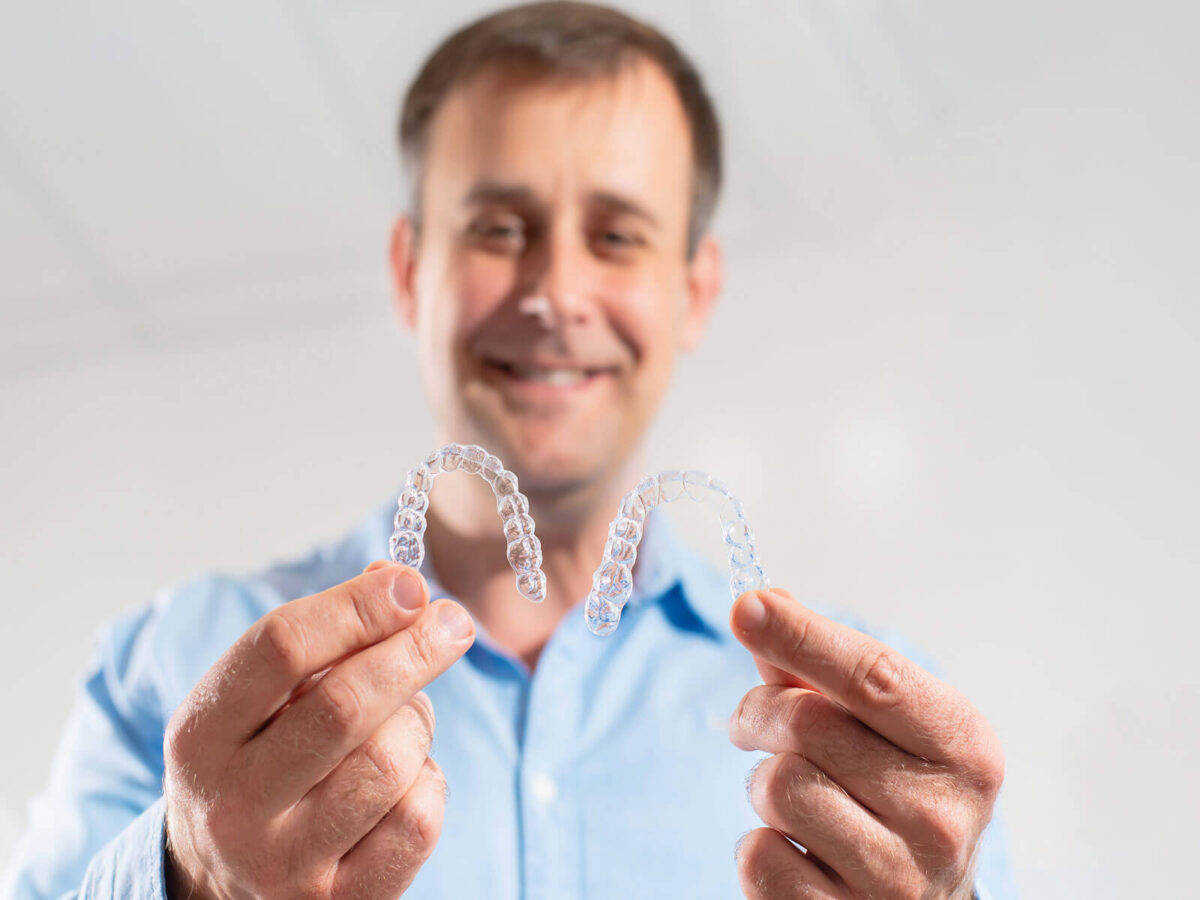Developing proper child oral hygiene is critical for a lifetime of healthy teeth and gums. Convincing children to embrace daily dental care practices is difficult. The idea is to make oral hygiene fun and exciting for children. In this blog, we’ll look at six ways to make dental care a joyful and positive experience for your child, building lifelong habits.
6 Tips To Make Oral Hygiene Fun For Your Child
1. Select Child-Friendly Dental Care Products:
Choosing pediatric dental care items might make the routine more engaging. Choose toothbrushes with their favorite cartoon characters, bright colors, or interesting patterns. Brushing using child-friendly toothpaste with light flavors, such as strawberry or watermelon, can be fun. Allowing your child to choose their toothbrush and toothpaste during a store visit will help them feel more involved.
2. Make Brushing a Game:
Making brushing time a game can make it more pleasurable for your youngster. Set a timer and make it a race to see if they can clean their teeth for the full two minutes. You may also use stickers to create a brushing chart to measure their progress and provide a visual picture of their commitment to oral health. Making dental hygiene a game helps to make it a positive and routine part of their day.
3. Use Educational materials:
Educational tools and materials can help children enjoy learning about dental hygiene. Several books, films, and interactive apps are available to teach children the value of brushing, flossing, and visiting the dentist. Include these tools in their daily practice to make oral care more enjoyable and instructive. Some apps even include characters and games that walk youngsters through the brushing and flossing process.
4. Establish a Family Routine:
Children frequently imitate the actions of those around them. Creating a family dental hygiene routine can turn it into a shared experience. Make brushing and flossing a family affair by setting aside regular times.
Consider playing music or singing a short oral care jingle while brushing your teeth. You may establish a supportive environment that stresses the importance of oral health by involving the entire family.
5. Reward Systems and Incentives:
Using a reward system or offering incentives might encourage youngsters to practice proper dental hygiene. Make a sticker chart in which your youngster receives one sticker for each successful brushing and flossing session.
They can receive a modest gift after collecting a particular amount of stickers. This positive reinforcement strengthens the habit and correlates oral hygiene with accomplishment.
6. Take Your Child to the Dentist:
Taking your child to the dentist may be a good and enjoyable experience. Pediatric dentists have received specialized training in working with children and creating a child-friendly workplace.
They frequently have colorful, themed clinics, and their staff is adept at making dental visits comfortable and stress-free. Regular dental check-ups with a pediatric dentist highlight the importance of oral health and allow your kid to ask questions about their dental care.
Be a Positive Role Model as an Extra Bonus
Children learn through observation; therefore, being a positive role model for your child oral hygiene is essential. Show your youngster how to brush and floss properly, and show them you value their dental health. You set an excellent example for your child by making dental care a family affair and demonstrating a passion for preserving healthy teeth and gums.
End Note
Child oral hygiene is possible and essential for their long-term oral health. You may build a good and joyful dental care experience by incorporating colorful and engaging oral care products, making brushing a game, using educational resources, developing a family routine, adopting reward systems, and visiting a pediatric dentist. These efforts make dental hygiene a pleasurable part of their everyday lives and teach lifelong habits that contribute to a healthy and pleasant smile.




